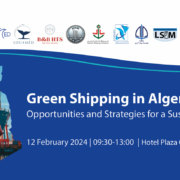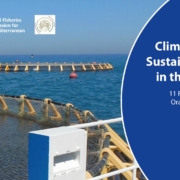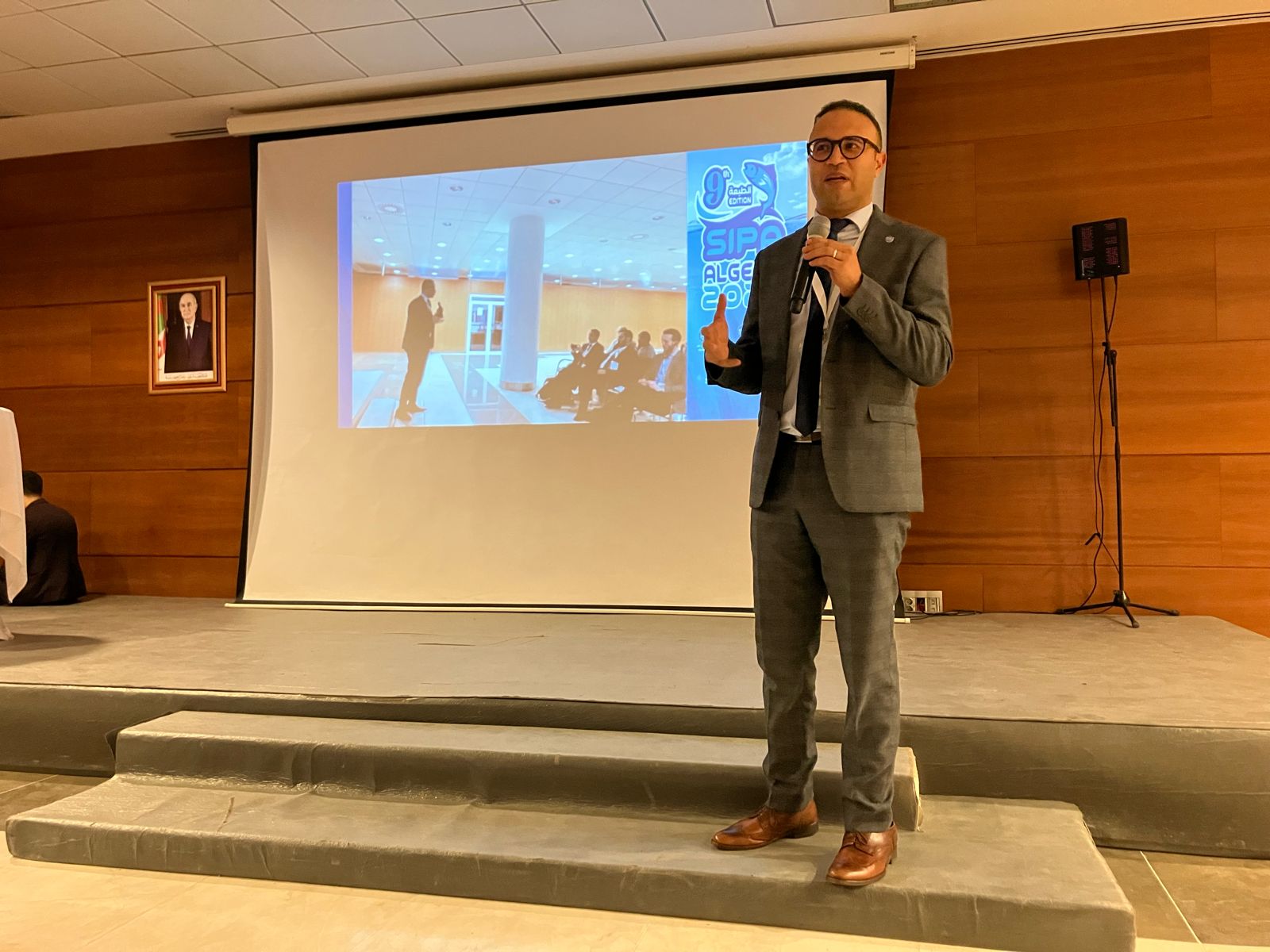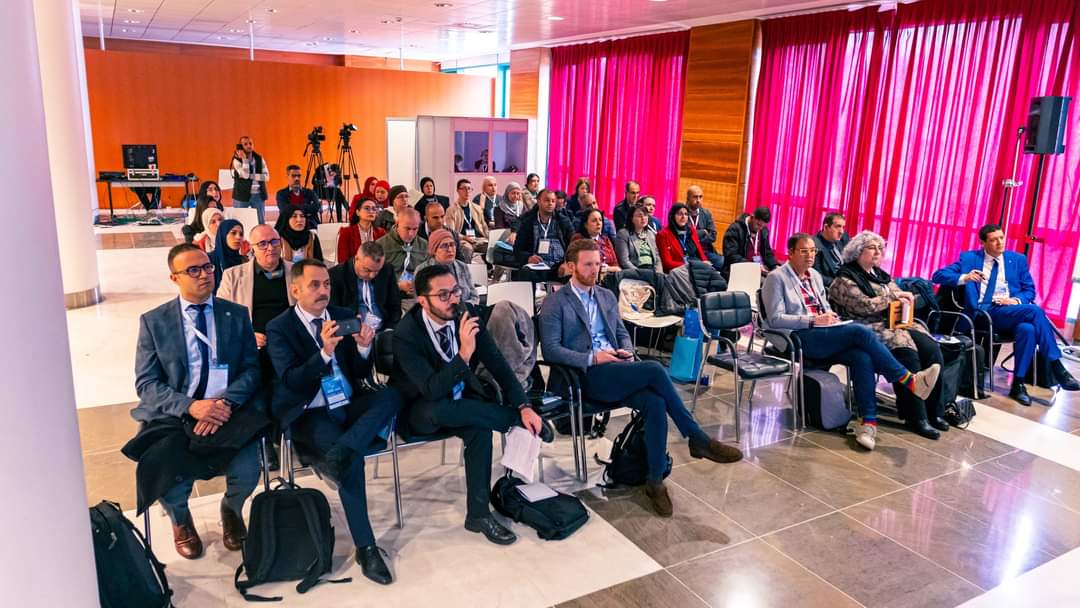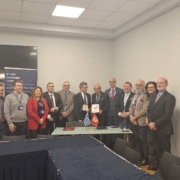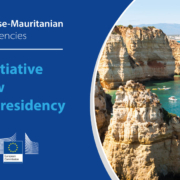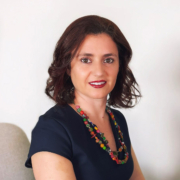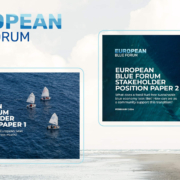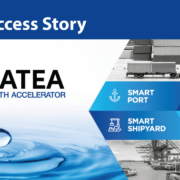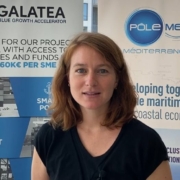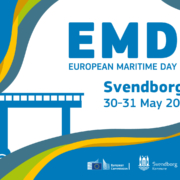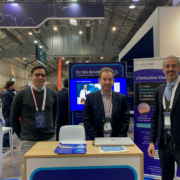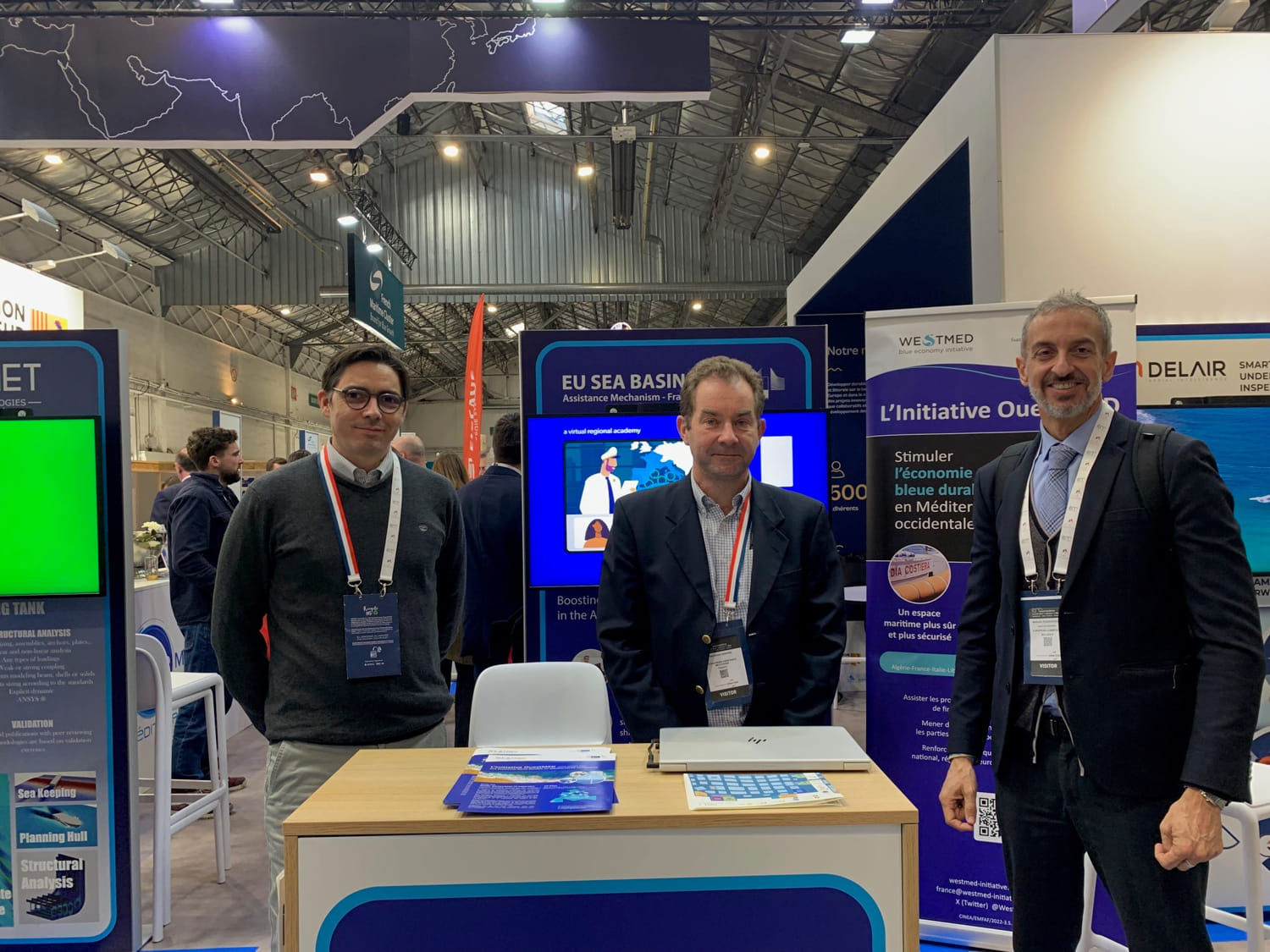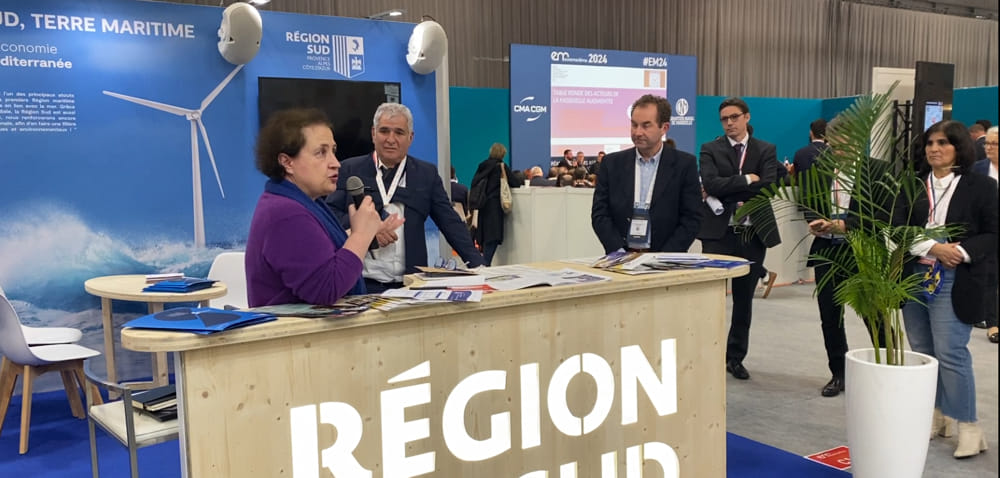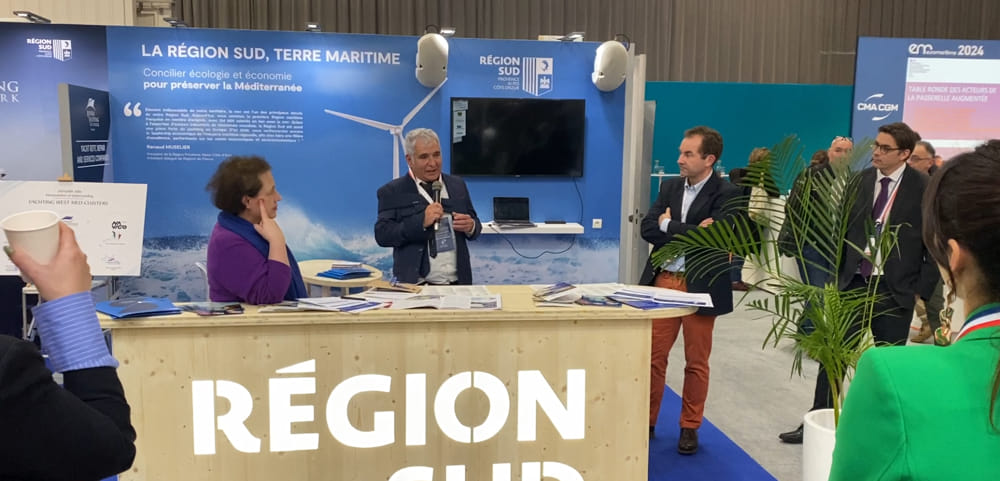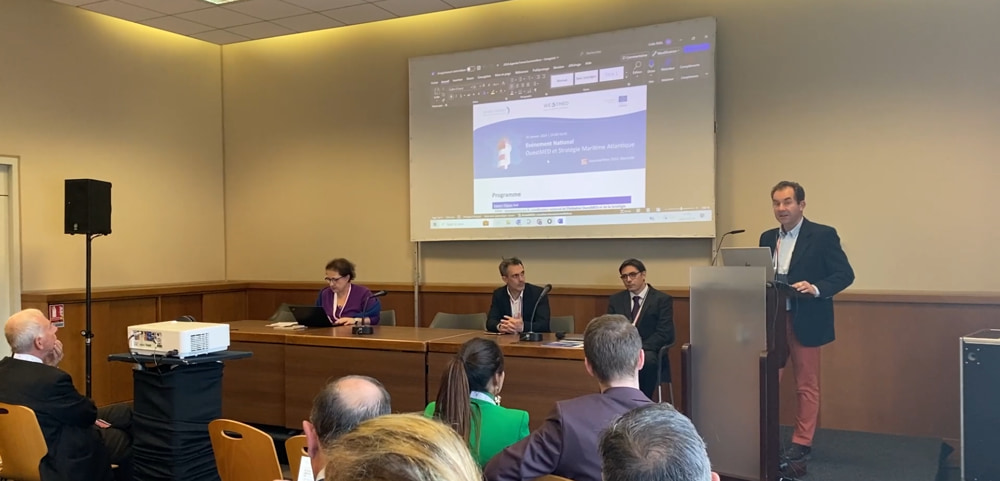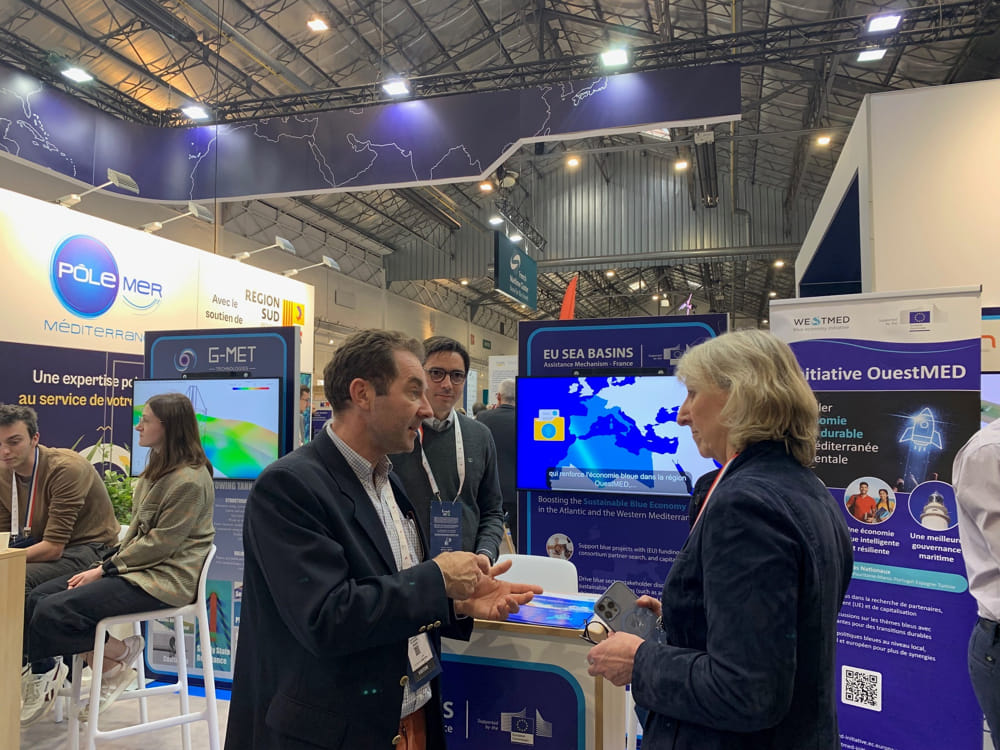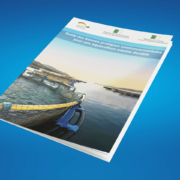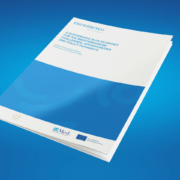WestMED national event on Green Shipping in Algeria
On February 12, 2024, the Algerian National Hub of the WestMED Initiative, in coordination with the Ministry of Fisheries and Fisheries Production, organized their national event focused on on ‘Green Shipping in Algeria.’ This took place in Oran, Algeria.
The event was embedded in a two day international workshop organised by Power4Med – an EMFAF* funded project that supports operators of smaller ships and marinas on the path towards carbon neutrality
The event brought together over 80 participants and representatives from various sectors, including government bodies, industry experts, academics, students, and international researchers.
It focused on strategies for green shipping and ports in Algeria as well as the Western Mediterranean region as a whole, emphasizing best practices, innovative technologies, and policy frameworks that contribute to a more sustainable and prosperous maritime sector. The event also raised awareness about the WestMED Initiative and its relevance to Algeria, while fostering dialogue and collaboration among stakeholders in developing a sustainable blue economy.
During the event, speakers shared insights and experiences on the advantages and opportunities of green shipping, highlighting the use of liquefied natural gas (LNG) as a fuel for bunkering ships. They also discussed the new regulations of the International Maritime Organization, which have significantly reduced sulfur content in marine fuels, leading to a cleaner and greener maritime environment.
Algeria’s experience in developing green shipping and ports was showcased, emphasizing its potential as a catalyst for the development of the blue economy in the country. The event provided a platform to exchange knowledge and experiences among West Mediterranean countries, including an overview of the work done by the Green Shipping Technical Group created under the WestMED Initiative and coordinated by WestMED’s Italian National Hub.
Financing opportunities and partnerships with the European Union were also explored, underlining the support offered to SMEs, research institutes, academia and authorities by the WestMED Assistance Mechanism and their respective National Hubs. The event encouraged stakeholders to identify financing mechanisms that would match their project idea(s) and to collaborate with regional and international partners to accelerate the transition to a sustainable blue economy.
The event’s outcomes were highly impactful, with increased awareness among stakeholders about the opportunities and challenges of developing a sustainable blue economy in Algeria. The discussions on green shipping and ports provided valuable insights into best practices and innovative technologies, paving the way for enhanced environmental performance and efficiency in the maritime sector.
As we move forward, the event strengthened collaboration and partnerships among stakeholders, both at the national and international levels. The commitment to implement concrete actions and initiatives to promote a sustainable blue economy in Algeria has been reaffirmed, ensuring a brighter and greener future for our maritime industry.
* European Maritime Fisheries and Aquaculture Fund
Visit the event webpage for the background and the agenda of this event with the respective speakers.
Contact the National Hub Algeria Samir Bachouche for more information or support with your project: algeria@westmed-initiative.ec.europa.eu

